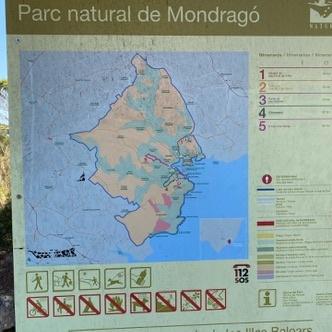What measures can travelers take to reduce their water consumption while visiting Mallorca during the busy season?
Similar Topics
mallorca water conservation
reduce water consumption
sustainable travel mallorca
water-saving accommodations
low-flow showers
local water restrictions
nature-based tourism
refillable water bottles
Travelers visiting Mallorca during the busy season can take several practical steps to reduce their water consumption, helping to preserve the island's precious resources. Mallorca, like many Mediterranean destinations, often faces seasonal water shortages, particularly in the summer months when tourism peaks. Awareness and mindfulness about water use become essential for visitors who want to minimize their environmental impact. Simple habits, such as taking shorter showers and turning off taps when brushing teeth, can significantly decrease daily water use without sacrificing comfort.
Another effective measure is to choose accommodations that prioritize sustainability and water conservation. Many hotels and guesthouses now implement water-saving technologies, including low-flow showers and dual-flush toilets, and encourage guests to participate in their conservation efforts by reusing towels and linens. Opting for local eateries and shops also indirectly reduces water use, as locally produced goods generally require less water-intensive transportation and packaging. Additionally, staying informed about local water restrictions or advisories, which are sometimes issued during the peak season, enables travelers to adapt their behaviors accordingly, showing respect for the local environment and communities.
Travelers can also reduce water waste by planning activities that do not involve heavy water use, such as hiking, cycling, or exploring cultural sites. Engaging in nature-based tourism helps lessen pressure on municipal water supplies that would otherwise be used for swimming pools and other recreational facilities. When visiting beaches and public places, using refillable water bottles instead of buying bottled water reduces plastic waste and resource demands. By adopting these conscientious habits, visitors contribute to the sustainable management of Mallorca’s natural assets, ensuring that future travelers and residents alike can enjoy the island’s beauty and resources.
Another effective measure is to choose accommodations that prioritize sustainability and water conservation. Many hotels and guesthouses now implement water-saving technologies, including low-flow showers and dual-flush toilets, and encourage guests to participate in their conservation efforts by reusing towels and linens. Opting for local eateries and shops also indirectly reduces water use, as locally produced goods generally require less water-intensive transportation and packaging. Additionally, staying informed about local water restrictions or advisories, which are sometimes issued during the peak season, enables travelers to adapt their behaviors accordingly, showing respect for the local environment and communities.
Travelers can also reduce water waste by planning activities that do not involve heavy water use, such as hiking, cycling, or exploring cultural sites. Engaging in nature-based tourism helps lessen pressure on municipal water supplies that would otherwise be used for swimming pools and other recreational facilities. When visiting beaches and public places, using refillable water bottles instead of buying bottled water reduces plastic waste and resource demands. By adopting these conscientious habits, visitors contribute to the sustainable management of Mallorca’s natural assets, ensuring that future travelers and residents alike can enjoy the island’s beauty and resources.
🧩 Related Questions
Related Question
How do local customs and traditions in Mallorca influence the daily life of residents compared to tourists' vacation habits?
Related Question
Why is Alcúdia a good choice for travelers interested in history and beaches?
Related Question
Are there hiking opportunities near Mallorca’s cultural landmarks that allow visitors to enjoy both history and nature?
